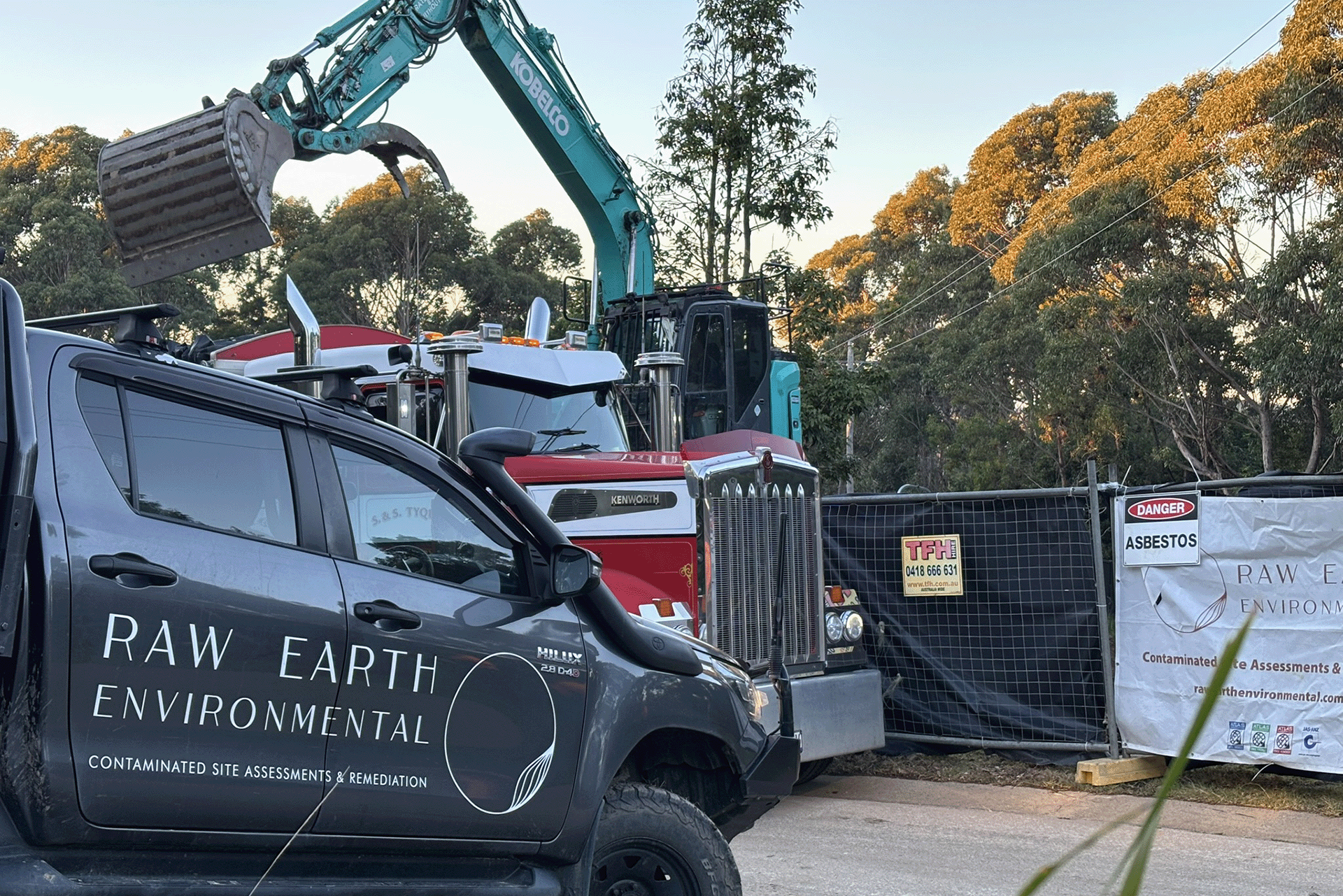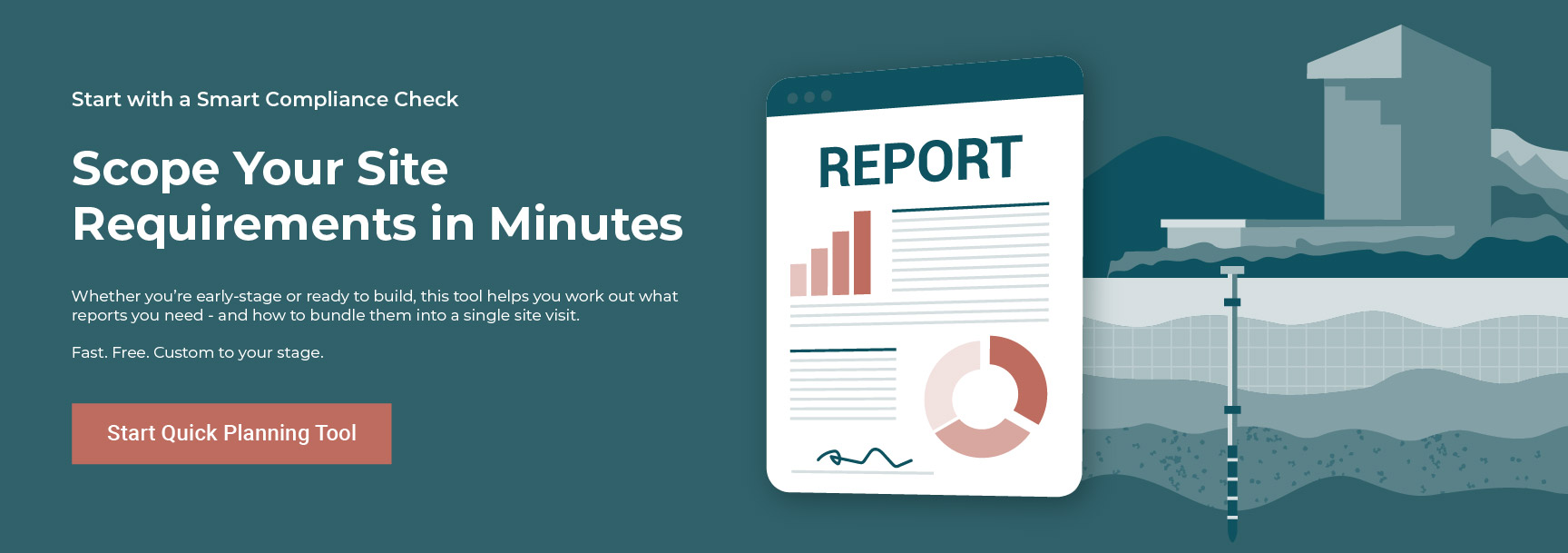Scope Your Site Requirements in Minutes. Fast Free. Custom to your stage.
Get Your Free Site AssessmentMenu
HomeContaminated Site Assessment & ManagementProject ManagementAsbestos ManagementDisaster Recovery (Bushfire, Flood and Storm)Landfill & Waste Facility ServicesSoil & Waste ClassificationsAcid Sulfate SoilsUnderground Petroleum Storage Systems (UPSS)Groundwater & Surface Water AssessmentsEducation, Aged Care & Childcare FacilitiesMould Assessments & RemediationCareersContact Us
Menu
HomeContaminated Site Assessment & ManagementProject ManagementAsbestos ManagementDisaster Recovery (Bushfire, Flood and Storm)Landfill & Waste Facility ServicesSoil & Waste ClassificationsAcid Sulfate SoilsUnderground Petroleum Storage Systems (UPSS)Groundwater & Surface Water AssessmentsEducation, Aged Care & Childcare FacilitiesMould Assessments & RemediationCareersContact Us

HomeServicesProjectsNews & InsightsOur TeamCareers




International
Scope Your Site Requirements in Minutes

Get Your Free Site Assessment




Site Assessments & RemediationProject ManagementAsbestos & HAZMAT ManagementConstruction & Environmental MonitoringGeotechnical Engineering & Drilling ServicesNew Item
Contaminated Land Assessment, Management & RemediationGroundwater & Surface Water AssessmentsPreliminary & Detailed Site InvestigationSite Remediation & ValidationEnvironmental Due DiligenceSoil & Waste ClassificationsAcid Sulfate Soils
Asbestos ManagementAsbestos In SoilCommercial & Industrial Asbestos Removal & RemediationAsbestos & Hazardous Materials SurveysMould Assessments & Remediation
Construction Environmental Management PlansNoise, Dust & Vibration Monitoring and Management PlansEnvironmental ComplianceUnderground Petroleum Storage Systems (UPSS) Compliance & DecommissioningEnvironmental Incident ManagementDewatering Management & Discharge MonitoringWater Quality MonitoringLeachate & Gas Monitoring
x
HomeServicesProjectsContaminated Site Assessment & ManagementProject ManagementAsbestos ManagementDisaster Recovery (Bushfire, Flood and Storm)Landfill & Waste Facility ServicesSoil & Waste ClassificationsAcid Sulfate SoilsUnderground Petroleum Storage Systems (UPSS)Groundwater & Surface Water AssessmentsEducation, Aged Care & Childcare FacilitiesConstruction & Environmental MonitoringMould Assessments & RemediationGeotechnical ServicesNews & InsightsCareersContact Us

.png)







